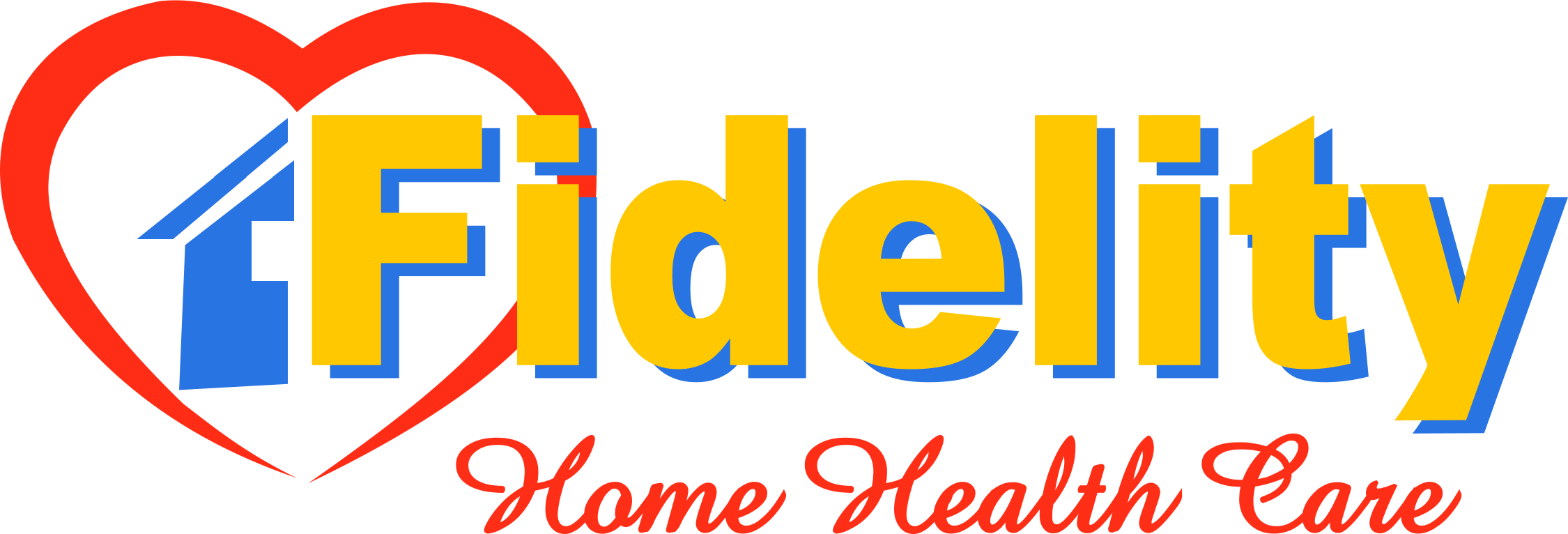Does Medicare Pay for Home Health Care?
There is an important distinction between medically necessary home health care and personal care services provided by an unskilled caregiver. Understanding the difference between these two levels of care is key to determining who is eligible for Medicare-covered in-home services.
Only home health care services prescribed by a doctor and provided by skilled caregivers are covered by Medicare, but patients must meet specific eligibility requirements.
Who Can Receive Home Care Covered by Medicare?
Individuals must have coverage through Medicare Part A (Hospital Insurance) and/or Medicare Part B (Medical Insurance) and meet the following four criteria as set forth by Medicare.gov:
- Eligible recipients must be under the care of a doctor. The doctor must prescribe a plan of care that involves medically necessary services for the treatment or maintenance of a health condition. This care is intended to be short term, so the doctor is required to re-certify the plan of care every 60 days.
- Eligible recipients must be certified by a doctor as home-bound. This means it requires a considerable and taxing effort to leave the home because of reliance on a mobility aid (e.g. cane, wheelchair or walker), special transportation, or the assistance of another person to do so. An individual does not have to be bedridden to be considered homebound and can still qualify even if they are able to leave home for medical treatments, adult day care, and short, infrequent non-medical outings, such as religious services and family gatherings.
- Eligible recipients must have a doctor’s certification of need for at least one of the following services:
- Intermittent skilled nursing care
Intermittent means part-time services that are needed “less than seven days per week or less than eight hours per day over a period of three weeks or less.” There are some exceptions in special circumstances, but Medicare generally will not cover additional care. - Skilled therapy services
These services can include physical therapy (PT), speech-language pathology (SLP) and occupational therapy (OT) and a qualified therapist must administer them. The services must be necessary to improve the patient’s condition in a reasonable and somewhat predictable period of time, to create an initial maintenance program for the condition, or to safely and effectively engage in a maintenance program with proper supervision and instruction.
- Intermittent skilled nursing care
- Home health care services must be provided by a Medicare-certified home health care agency.
What Home Care Services Does Medicare Cover?
The primary objective of Medicare’s home care program is to provide seniors with short-term skilled services in the comfort of their own homes as an alternative to recovering in a hospital or skilled nursing facility.
Skilled nursing services are those that must be provided by a qualified health professional, such as a Registered Nurse (RN) or a Licensed Practical Nurse (LPN).
Examples of these services include:
- Monitoring of a patient’s vital signs and overall health
- Wound care for a pressure ulcer or surgical incision
- Administration of intravenous drugs or nutrition therapy
- Injections
- Catheter changes
- Patient and caregiver education
Skilled therapy services are those that must be provided by or under the supervision of a licensed physical therapist, occupational therapist or speech-language therapist.
- Physical therapy exercises typically focus on improving and restoring strength, balance and range of motion for optimal physical function.
- Occupational therapy assists in regaining the ability to independently engage in activities of daily living (ADLs) and adapting these tasks or the surrounding environment to improve functionality and accessibility.
- Speech-language therapy helps patients regain the ability to speak and communicate as well as overcome swallowing difficulties (dysphagia).
It is important to note that the above services will only be covered if they are deemed specific and effective treatments or maintenance methods for a patient’s condition. Additionally, Medicare standards will determine the eligible frequency and duration of the treatments. Once the level of care exceeds part-time or “intermittent” skilled care, Medicare is no longer a payment option. In Medicare’s eyes, home health care services are meant to prevent or delay placement in an assisted living or skilled nursing facility, not completely replace them.
Does Medicare Cover Unskilled Home Care Services?
Medicare will not pay for unskilled home care if those are the only services needed. Personal home care services (assistance with activities of daily living) or homemaker services (e.g. light housekeeping and laundry) will only be covered if they are part of the skilled services detailed in the care plan. Medicare does not cover around-the-clock home care of any kind or meals delivered to the home.
How Much Will I Have to Pay if I Qualify?
With Original Medicare coverage (Part A and/or Part B), eligible seniors will pay nothing for home health care services that are ordered by a doctor and provided by a certified home health agency. Any additional services provided outside of the approved care plan will not be covered and must be paid for out of pocket.
Be aware that before services begin, the home health agency should provide an itemized receipt or plan of care that identifies what is eligible for Medicare coverage and what is not. A written notice called the “Advance Beneficiary Notice of Noncoverage” (ABN) will detail any services and durable medical equipment that Medicare will not pay for as well as the costs the patient will be responsible for.






